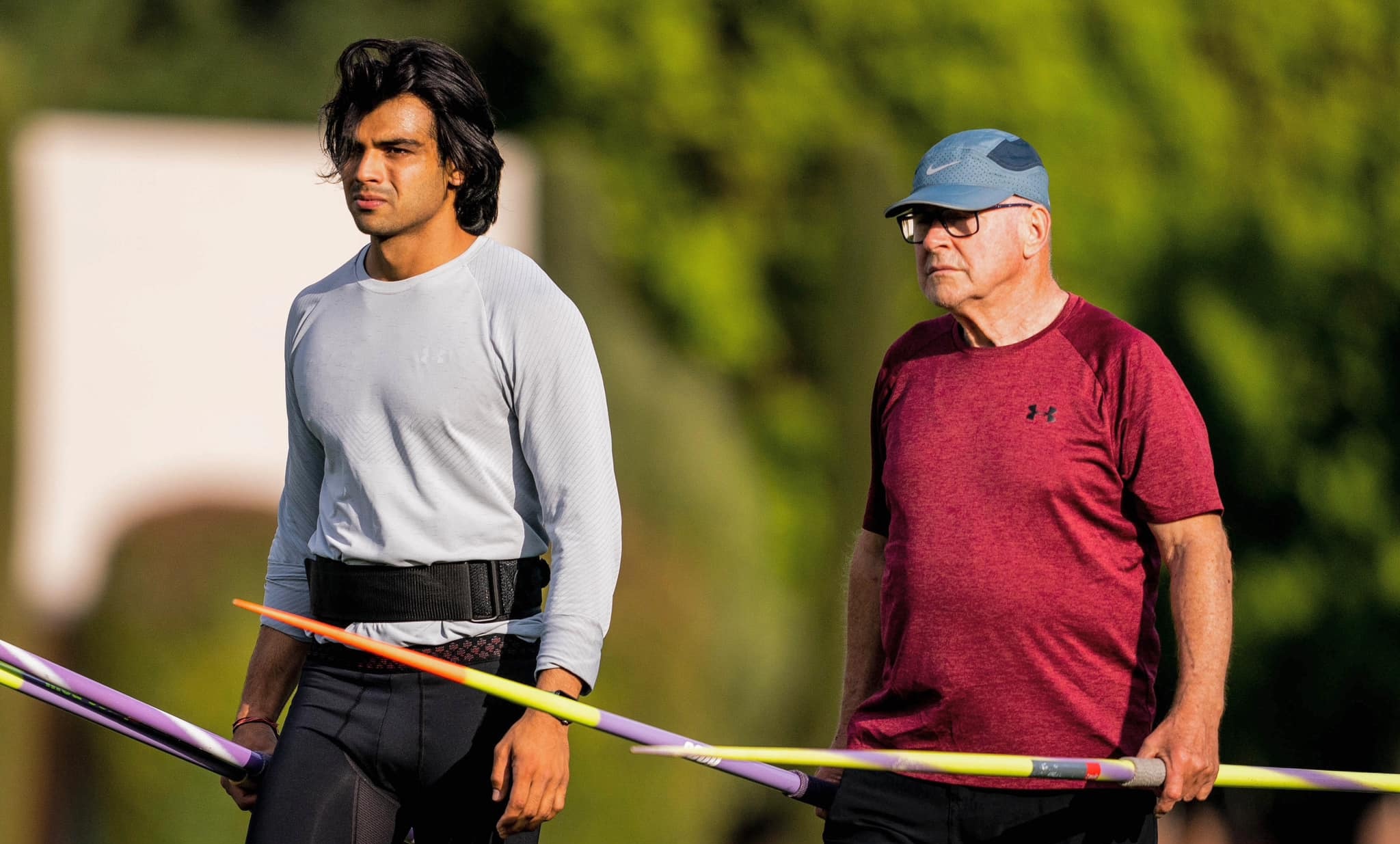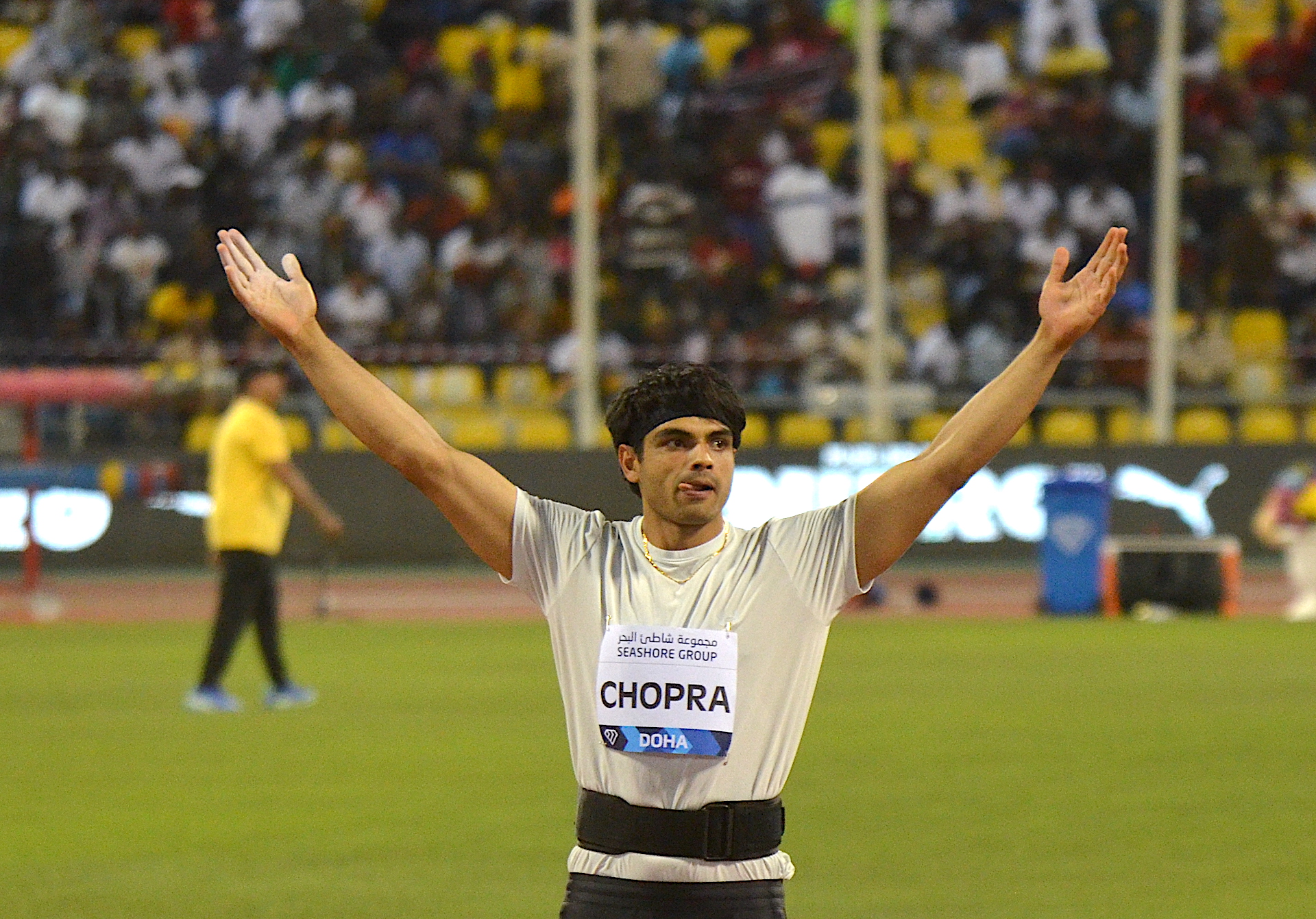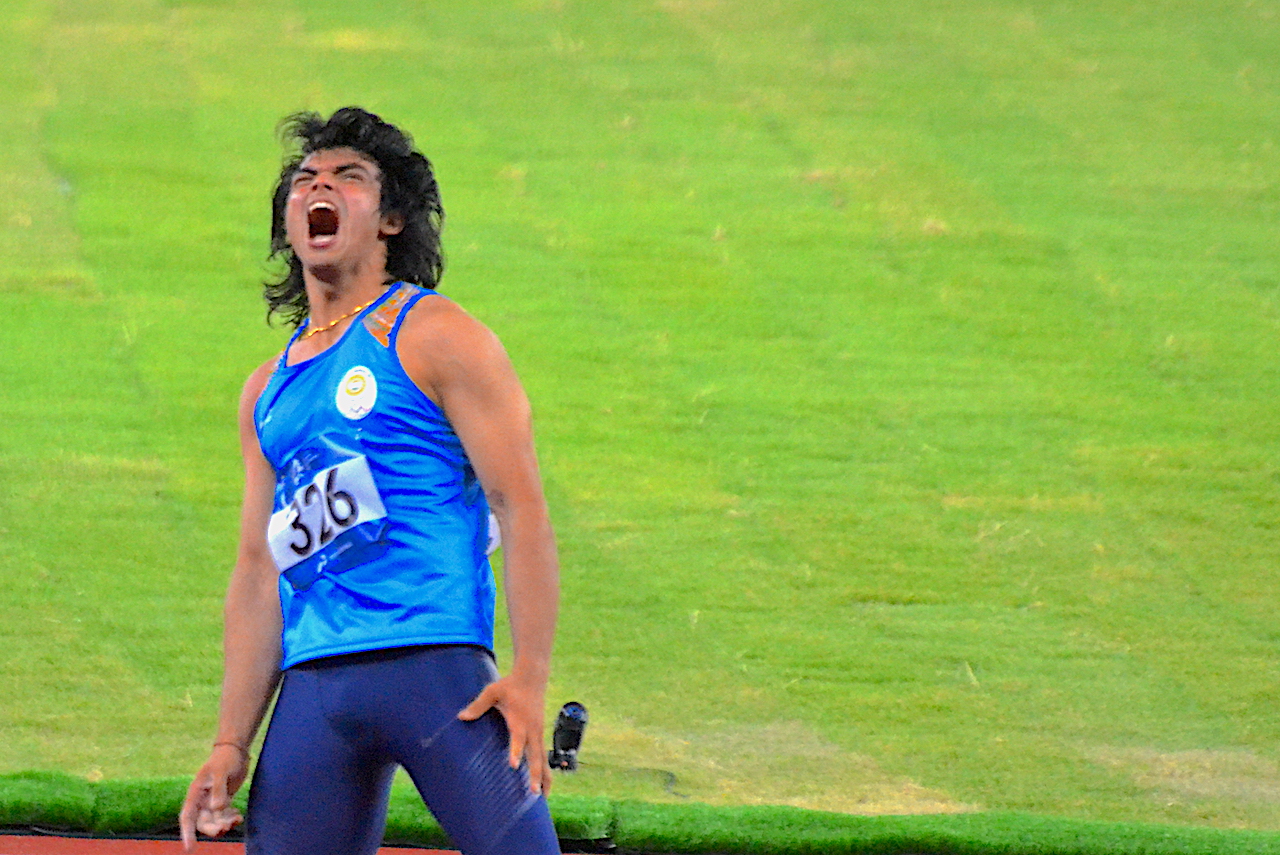There is an incredible lesson in Dr. Klaus Bartonietz acknowledging that he had done the best he could for Neeraj Chopra and sparking a search for a new coach for the double Olympic Games medal winning Javelin Thrower.
Few would have faulted Dr. Klaus Bartonietz if he wanted to continue working with Neeraj Chopra. After all, he has been involved in the Indian star’s journey through the past six years, dating back to his recovery from an injury and through two medals each in the Olympic Games and the World Athletics Championships. But he knows that Neeraj is capable of better.
Athletics Federation of India President Dr. Adille J. Sumariwalla’s revelation that the coach said it was time for him to step away is rarely heard of in Indian circles. It needed a coach with a high level of emotional intelligence to tell his athlete and AFI that it is time for him to move on since he had done the best he could for the athlete.
Dr. Bartonietz’s humility comes through in admitting that it is time for someone else to coach the athlete to a higher level. It can be said without fear of contradiction that such a thing is rare, if not unique, in the annals of coaching in Indian sport. Indeed, it is rare for a coach to be aware and confident enough to empower an athlete to move to another coach at the right time.
Unfortunately, not a few athletes have not realised their peak performance because they have not got the right inputs when evolving as elite athletes. We have many examples of family members being coaches of athletes. Bobby George’s success with long jumper Anju Bobby George is among the handful of exceptions rather than the rule.
The coaches’ focus should be fixed on creating growth for athletes. We have known coaches who have not set goals or laid down metrics for measuring performance. Instead, they are happy to tag along with their best athletes without specific targets to achieve or identifying mountains to climb. Perhaps we will not be wrong if we call them happy trekkers rather than guides.
There is also the case of some coaches poaching good athletes from other coaches with the promise of helping them deliver better performances. Some may have lured athletes to their camps, but few have succeeded in engineering improved athletics performance from such athletes.
In fact, Indian sport is replete with tales of coaches not allowing their wards to move to better coaches. The belief they can themselves ‘grow’ and ‘rise’ with their trainees is deeply embedded, irrespective of their own coaching skills being better suited to those at the development or maturing stages of their journey.
Recognition and reward system to blame?
Perhaps, the recognition and reward system in India is designed in such a way that coaches do not want to let go of quality athletes. Perhaps, there is an underlying fear that letting such athletes change coaching staff would be construed as a sign of weakness, bringing along adverse publicity and causing deep impact on the minds of younger athletes and their parents.
For all that, the fear of missing out does not also let them take breaks to spend time acquiring knowledge, studying the art and science of coaching. And in not upgrading themselves, except superficially, they not only remain stagnant themselves but also stop their athletes pursuing greater performances by raising the bar.
India must find a way where coaches in each part of the assembly line are compensated and rewarded. After all, some have the brilliant ability to imbibe the basic techniques in their trainees. Some others have the special skill of taking the talent forward, inculcating tactical nous. And only some others can facilitate an elite athlete’s quest to peak performance.
Photo: Courtesy Neeraj Chopra Facebook page.



